When it comes to gardening and landscaping, having the right tools and materials can make all the difference in the success and efficiency of your projects. Among these indispensable materials, tarps play a pivotal role in ensuring your projects run smoothly and efficiently. From protecting plants against harsh weather and controlling weeds to creating shaded areas in your backyard, the versatility of tarps makes them a must-have for any gardener or landscaper.
This comprehensive guide will walk you through the various types of tarps available, their specific applications in gardening and landscaping, and how to select the perfect tarp for your needs. Whether you’re a seasoned gardener or just starting out, understanding the uses and benefits of tarps can greatly enhance your outdoor projects.
Types of Tarps for Gardening and Landscaping
There are several types of tarps that cater to different needs in gardening and landscaping. Here, we provide an overview of the most used tarps:
Vinyl Tarps
- Durability: Vinyl tarps are known for their strength and durability. They are resistant to tearing and can withstand harsh weather conditions, making them ideal for long-term outdoor use.
- Applications: These tarps are perfect for covering equipment, creating temporary shelters, and protecting plants from extreme weather conditions. They can also be used to cover soil or mulch to keep it dry.
Canvas Tarps
- Breathability: Canvas tarps are made from natural fibers, which allow for better breathability compared to other tarp materials. This makes them ideal for covering plants without causing condensation buildup.
- Applications: Canvas tarps are great for providing shade to delicate plants, covering garden equipment, and even as a protective ground cover during planting or landscaping activities.
Mesh Tarps
- Ventilation: Mesh tarps provide excellent ventilation while offering shade. They are made from a durable mesh material that allows air and light to pass through.
- Applications: These tarps are commonly used for creating shade structures in gardens and nurseries, protecting plants from excessive sunlight, and as windbreaks.
Poly Tarps
- Affordability: Poly tarps are among the most affordable options available. They are lightweight and come in various thicknesses and sizes.
- Applications: Poly tarps are versatile and can be used for a wide range of applications, including covering garden beds, protecting plants from frost, and creating temporary storage areas.
Specialty Tarps
- Customized Solutions: Specialty tarps are designed for specific purposes and can be customized to meet unique needs. These include tarps for greenhouses, nursery tarps, and tarps for specific plants.
- Applications: Depending on the customization, these tarps can be used for anything from creating a controlled environment for plant growth to providing specialized protection for particular crops.
Applications of Tarps in Gardening and Landscaping
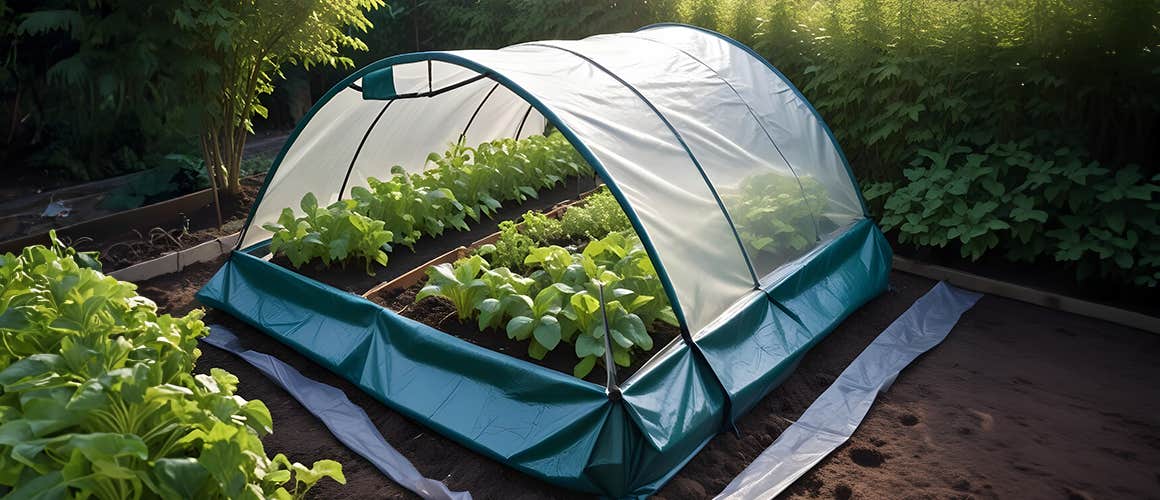
Tarps are incredibly versatile and can be used in various ways to enhance your gardening and landscaping projects. Here are some of the most common applications:
Weed Control
- Garden Tarp for Weeds: Using a black tarp for garden weed control is an effective method to prevent weed growth. By covering the soil with a tarp, you can block sunlight, which inhibits weed germination and growth.
- Applications: This method reduces the need for chemical herbicides, promotes healthier plant growth, and maintains a cleaner garden bed.
Shade Creation
- Tarp for Shade: Whether you need to protect young plants from intense sunlight or create a comfortable shaded area in your backyard, tarps are an excellent solution. Mesh tarps or canvas tarps are ideal for creating outdoor tarp shade structures.
- Applications: These tarps can be used in gardens, nurseries, patios, and even as sunscreen tarps to create a relaxing outdoor space.
Frost Protection
- Plant Tarp: During colder months, protecting your plants from frost is crucial. A gardening tarp can be used to cover plants and keep them warm during unexpected frost events.
- Applications: This method ensures that your plants survive the winter and continue to thrive when the weather warms up.
Greenhouse Applications
- Greenhouse Tarps: Greenhouses require specific tarps to maintain the ideal growing conditions. Specialty tarps designed for greenhouses can help regulate temperature, humidity, and light levels.
- Applications: These tarps are used to cover greenhouse frames, create partitions within greenhouses, and provide shade or insulation as needed.
Protecting Lawn and Garden Equipment
- Grass Tarp: Protecting your lawn and garden equipment from the elements is essential to prolong their lifespan. Vinyl or poly tarps can be used to cover mowers, tools, and other equipment.
- Applications: This not only protects the equipment from weather damage but also keeps it clean and ready for use.
Temporary Storage and Covering
- Backyard Tarp Shade: For temporary storage or covering large areas, such as piles of soil, mulch, or compost, tarps are invaluable. They provide protection from rain and prevent material from being washed away or contaminated.
- Applications: Poly tarps are commonly used for this purpose due to their affordability and availability in large sizes.
Choosing the Right Tarp for Your Project
Selecting the right tarp for your gardening or landscaping project depends on several factors. Here are some key considerations to keep in mind:
- Purpose: Determine the primary purpose of the tarp. Are you using it for weed control, shade, frost protection, or equipment covering? Each application may require a different type of tarp.
- Material: Consider the material of the tarp. Vinyl tarps are durable and long-lasting, while canvas tarps offer breathability. Mesh tarps provide ventilation, and poly tarps are cost-effective and versatile.
- Size and Thickness: Ensure the tarp is the appropriate size and thickness for your needs. Larger areas may require multiple tarps or custom-sized tarps. Thicker tarps are generally more durable and provide better protection.
- Color: The color of the tarp can affect its performance. For example, black tarps are ideal for weed control as they block sunlight, while white or light-colored tarps are better for reflecting heat and providing shade.
- UV Resistance: If the tarp will be exposed to sunlight for extended periods, choose a tarp with UV resistance to prevent degradation and prolong its lifespan.
- Water Resistance: For applications where the tarp will be exposed to rain or moisture, ensure it is water-resistant or waterproof to protect your plants and equipment effectively.
Maintenance and Care of Tarps
Proper maintenance and care of your tarps can significantly extend their lifespan and ensure they continue to perform effectively. Here are some tips for maintaining your tarps:
- Regular Cleaning: Keep your tarps clean by regularly removing dirt, debris, and any mold or mildew that may develop. Use a mild soap and water solution for cleaning and let the tarp dry completely before storing.
- Inspect for Damage: Periodically inspect your tarps for any signs of wear and tear, such as holes, fraying, or weakened areas. Repair any damage promptly using patch kits or by sewing with heavy-duty thread.
- Proper Storage: When not in use, store your tarps in a cool, dry place. Avoid folding them tightly to prevent creases and weakening of the material. Instead, roll them up loosely and secure with straps or bungee cords.
- Avoid Sharp Objects: Be mindful of sharp objects that can puncture or tear the tarp. When using tarps for covering plants or equipment, ensure there are no sharp edges that can cause damage.
- Secure Installation: Ensure that tarps are securely fastened when in use. Use grommets, ropes, bungee cords, or stakes to keep the tarp in place, especially during windy conditions.
Conclusion
Tarps are an indispensable tool for any gardener or landscaper. They offer a wide range of applications from weed control and shade creation to frost protection and equipment covering. By understanding the different types of tarps available and their specific uses, you can choose the right tarp to enhance your gardening and landscaping projects.
Whether you need a durable vinyl tarp, a breathable canvas tarp, a ventilated mesh tarp, an affordable poly tarp, or a specialty tarp for a unique application, there is a solution to meet your needs. Remember to consider factors such as material, size, and UV resistance when selecting a tarp. Follow proper maintenance practices to ensure your tarps last for many seasons to come.
With the right gardening tarp or landscaping tarp, you can protect your plants, equipment, and materials. This ensures your gardening and landscaping projects are successful and sustainable.


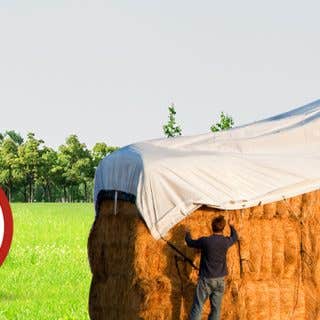
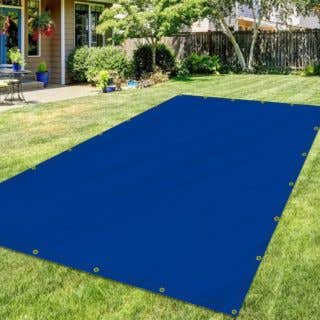


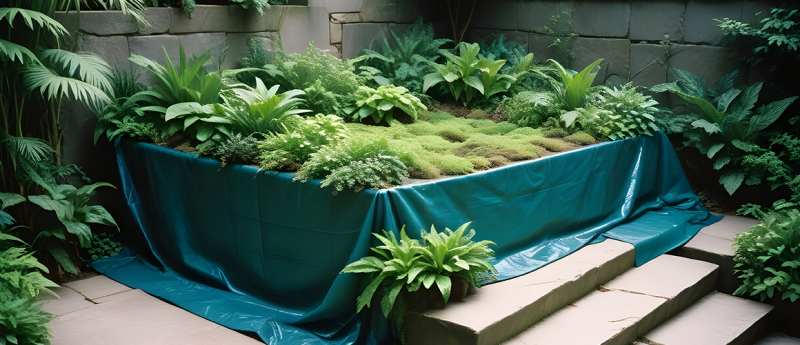
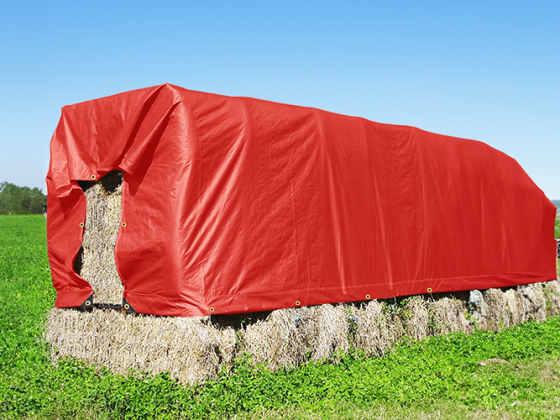
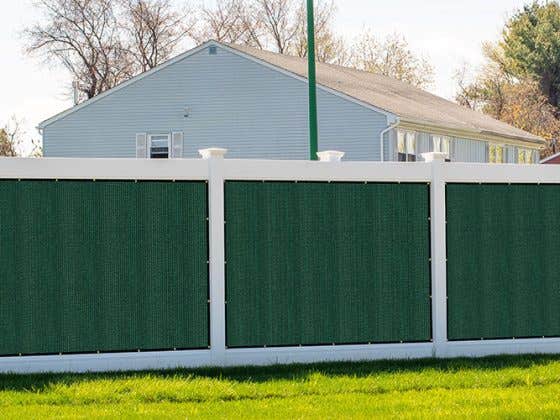
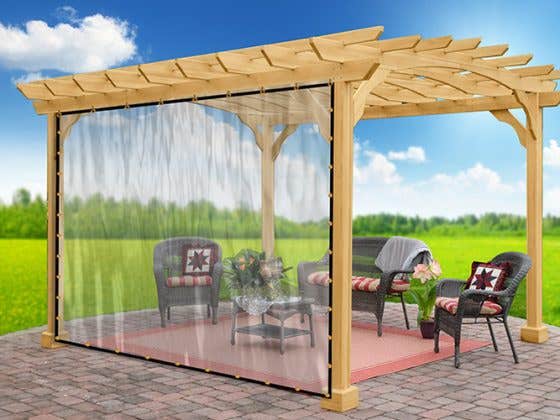
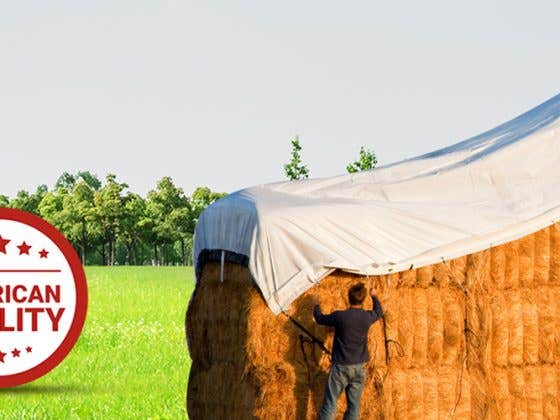
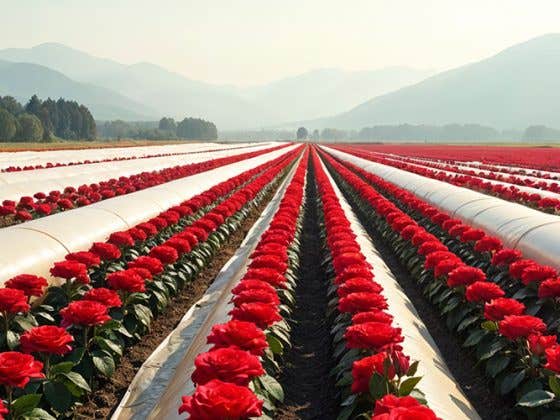
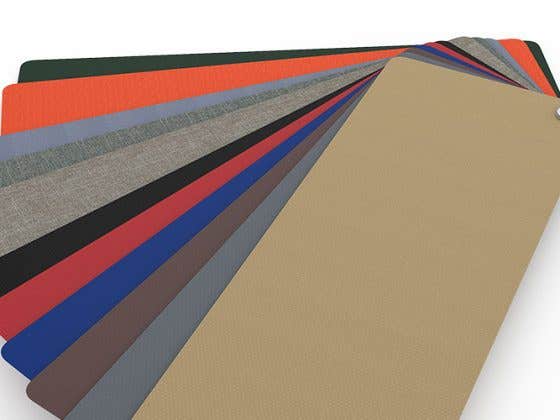
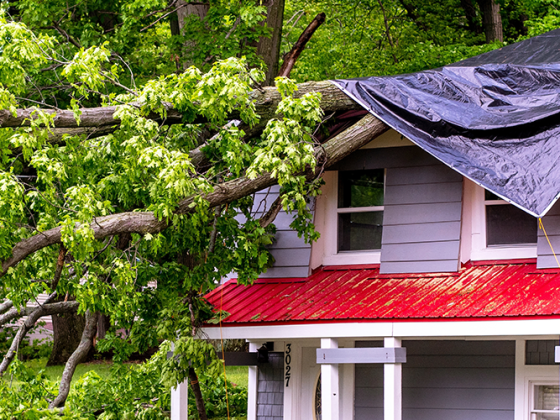
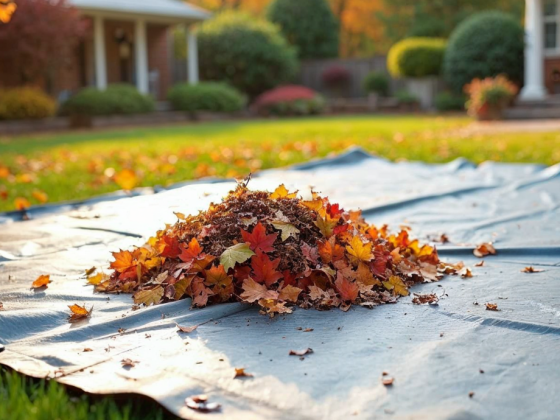
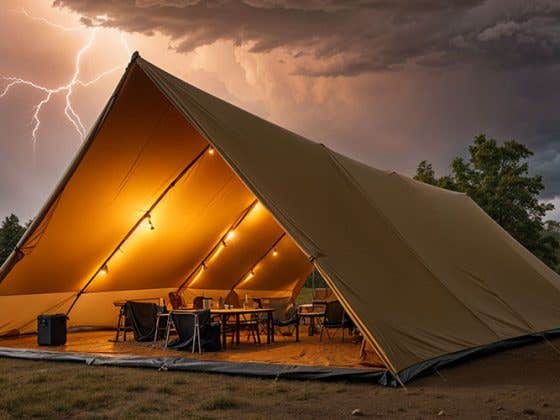
Recent Comments